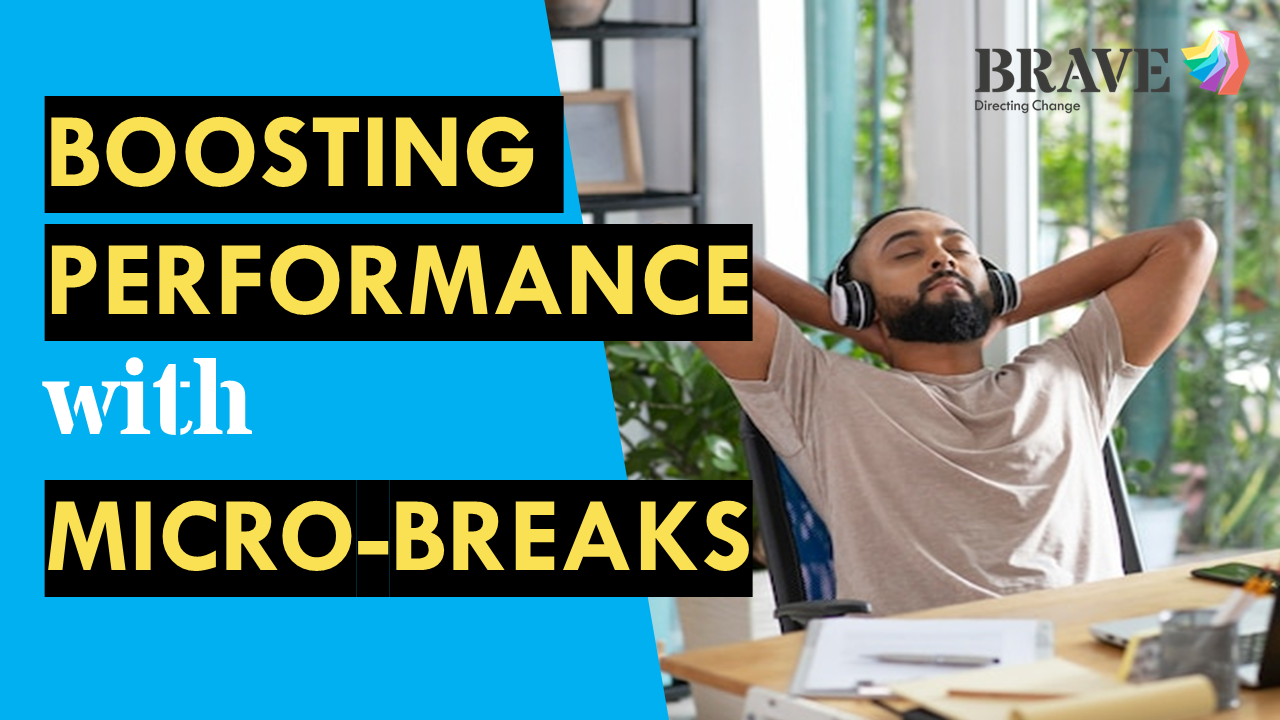It’s reported to be one of the most powerful self-improvement activities you can do, and yet for many, it’s still not on their radar. It’s a simple one. Journaling.
Even though this practice it’s been around for hundreds (well, actually, thousands of years), journaling is currently having it’s celebrity moment.
In fairness, journaling isn’t a new thing or a fad, and countless studies have shown that if done regularly it can help you access a whole host of benefits for your emotional, and physical self.
So, what is journaling?
In short, journaling is simply you keeping a written account of your experiences, feelings and thoughts as you go through your daily life. What we like about this practice is that there’s no perfect way to do it. Every person who journals does it their way, and if it’s right for them, then it’s working.
“No rules. No trends. Just journal your way.”
If we peeked inside a few journals (which of course is not the done thing!) we’d see so many different versions. It could look like a to-do list, or a quote, or even something you did that day that brought you or someone else joy. You get the point. It’s personal. To you.
They key here is to develop this habit until it’s a part of every day and then you can reap the benefits helping you to spot patterns, trends & insights and track your emotions.
The benefits
There are many benefits of journaling so we’re just going to focus on four to get you started.
- Improves mental well-being by being able to spot insights and patterns
- Helps you set goals and keep a record of your progress and achievements
- Can help you overcome challenging situations by recording thoughts and feelings and allowing time to reflect
- Gives you a place to record things that are important to you, whether it’s gratitude, feelings, or positive emotions
At We Are BRAVE we use our own journals which are designed around the BRAVE principles.
This allows the user to reap the benefits or journaling with a nod towards keeping the BRAVE methodology alive at the same time. We help by including some insightful questions to prompt reflection and the capture of key thoughts.
So, will you bite the bullet and begin to journal?
Sara

